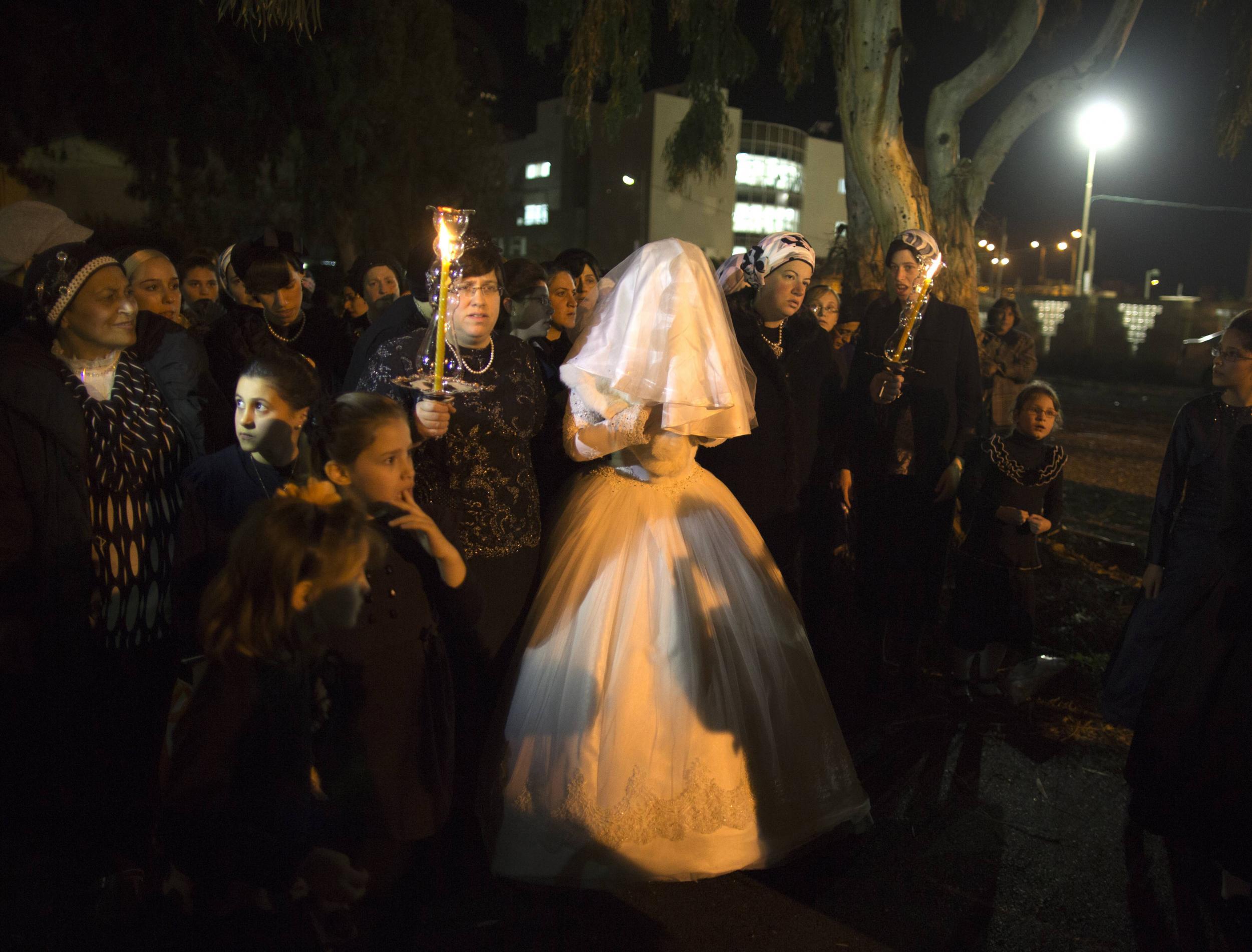Woman beaten by husband refused divorce because 'violence isn't a reason', say Israeli judges
Religious leaders described domestic violence as 'non-recurring' despite man being arrested on three separate occasions

Rabbis have refused a victim of domestic violence a divorce because they said they understood why her husband beat her and did not think it would happen again.
The woman’s husband was first jailed when he assaulted her after she said she wanted to leave him. Since then he has been charged with attacking her on two more occasions.
But a group of Jewish judges in Jerusalem have ruled the attack was not grounds for a gett — a religious divorce — because the husband had apologised and expressed remorse for what they described as “non-recurring” violence.
A regional religious court first denied the woman a divorce in July, shortly before her husband was found guilty of assaulting her.
A few weeks later, she called the police to report that her husband had punched her in the face and bruised her shoulder, Haaretz reported.
Her husband admitted to the attack and spent 75 days in prison.
After his release, he was indicted and found guilty twice more of violence against his wife.
The woman appealed the regional court’s original verdict to the Rabbinical Court of Appeals in Jerusalem. But the court of appeals referred the case back to the regional court.
On 1 February a group of three presiding rabbis — Yosef Goldberg, David Birdugo, and Mordechai Ralbag — again rejected the wife’s motion to end the marriage.
“Unquestionably, any harm the husband causes the wife is unjustifiable in any circumstances; any violence should be treated gravely and condemned, especially severe violence like that described in the indictment,” the rabbis wrote.
“But on the other hand, there is also no doubt that the husband’s eruption was due to his difficult situation after his wife filed for divorce.”
Despite the husband beating his wife on three separate occasions, the rabbi's wrote that his behaviour had been an "aberration", that he had admitted to his mistake and “we can assume he won’t be repeating these deeds in the future”.
Around 20 women are murdered by a husband or male partner in Israel each year.
In 2015, 755 women nationwide accessed domestic violence shelters, an increase of 20 per cent from the year before.
People working in the women's sector say there are extra barriers to ultra-Orthodox women receiving help.
Ultra-Orthodox communities tend to be quite isolated and suspicious of government services. Meanwhile, divorce is considered shameful, and women cannot divorce their husbands if they do not agree.
In a letter to the attorney general, women’s rights activist and lawyer Batya Kahane Dror and lawyer Hadas Grossman wrote that the rabbi's ruling empowers men to beat their wives if they want a divorce in defiance of the man’s wishes.
The two vowed to appeal the verdict, which they said further weakened the public’s faith in the rabbinical justice system.
Join our commenting forum
Join thought-provoking conversations, follow other Independent readers and see their replies
Comments
Bookmark popover
Removed from bookmarks